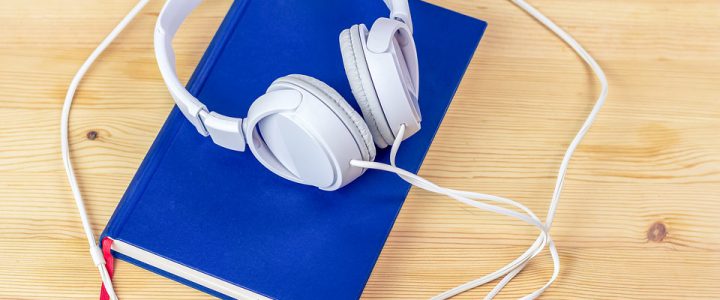The Art of Listening

I’ve always loved reading, but lately it seems that sleep is the enemy to my hobby and I’m rarely able to get through a couple of pages before I succumb to it. I’m still valiantly ploughing through a novel someone bought me for Christmas (a whodunit, of course) and I’m almost at the point of forgetting what the actual crime was. However, within that space of time I’ve discovered the art of listening; I’ve listened to at least three audio books (another Christmas gift being a rather nifty device that allows me to play them through my phone in the car) and since then I’ve abandoned the radio in favour of Audible and BorrowBox for the foreseeable future.
Reading VS Listening?
When I first discovered this medium I almost considered it a form of cheating. For the die-hard reader, is listening to a book as legitimate as reading one or is it somehow inferior? I’m not going to go off on that tangent now, but I have noticed one very significant difference; it takes a special kind of concentration to reap the full benefit of an audio book.
When I am reading, it’s fairly common for me to get momentarily distracted and have to go back and re-read a few lines to get back on track. When I’m listening it is common for me to be doing something else at the same time (driving, cleaning, preparing dinner) and my mind can easily wander (what shall I cook tonight? What shall the topic of my next blog post be?) and it is possible to become distracted for far longer than when reading.
Active Listening
That’s because listening is, well, an art, and a skill which we can all benefit from improving. We’re often thinking about or doing something else when listening to others (if we’re honest) and don’t really afford it the same reverence as sitting down in a quiet space to read an article, for example.
A recurring theme when facilitating our activities is that one team member will have completely missed a clue or comment while another member has seized it and realised it’s full significance; the point being of course that it’s easily done, but that working well together as a team is of benefit to everyone. It ‘fills in the gaps’ and makes the whole greater than the sum of it’s parts. Of course in terms of team building:
“Active listening not only means focusing fully on the speaker but also actively showing verbal and non-verbal signs of listening” (www.skillsyouneed.com)
Now I don’t have that relationship with my audio book (David Suchet doesn’t really care if I’m listening or not, I shouldn’t think) so I’m not suggesting that listening to a book is a team activity, but it did get me thinking about how much information people actually take in when listening to others in the course of their daily lives, and what we do to improve it.
So when I snap back to reality after negotiating a tricky roundabout whilst listening to ‘Death on the Nile’ and realise that we’re now in Karnak as opposed to Mallorca and two entirely different people are engaged in discussing an altogether different topic, it does go to show how much we are capable of missing when we aren’t listening with our full attention. Even when it’s the hypnotic and mellifluous tones of David Suchet reading Poirot, it can happen to the best of us…

